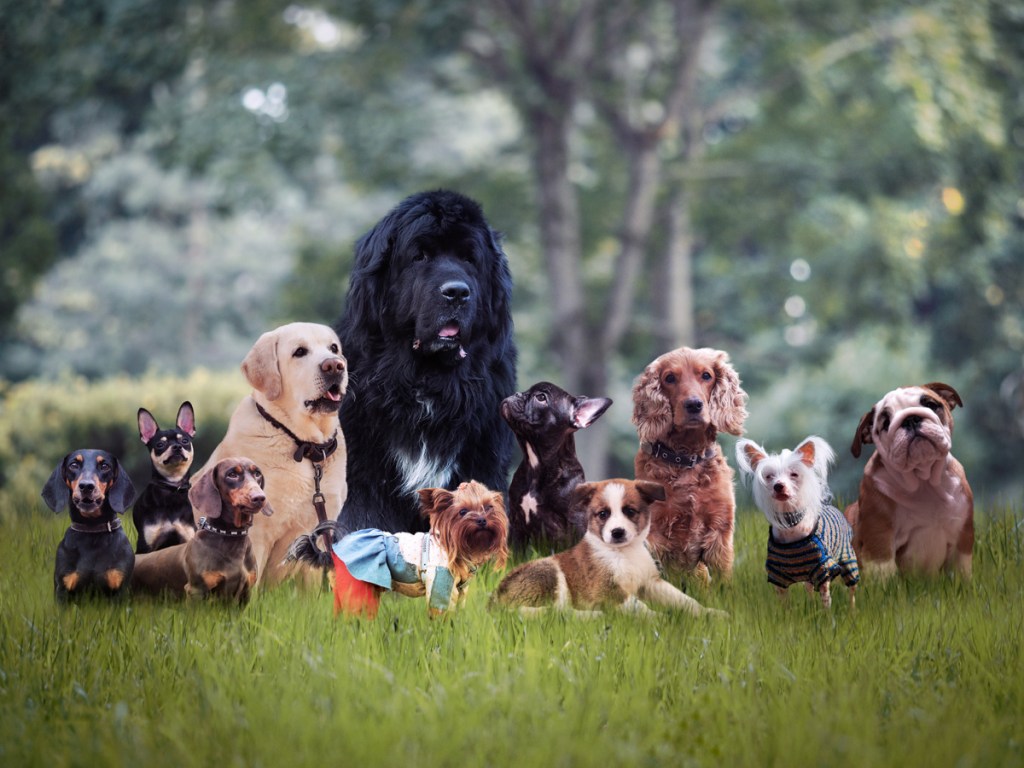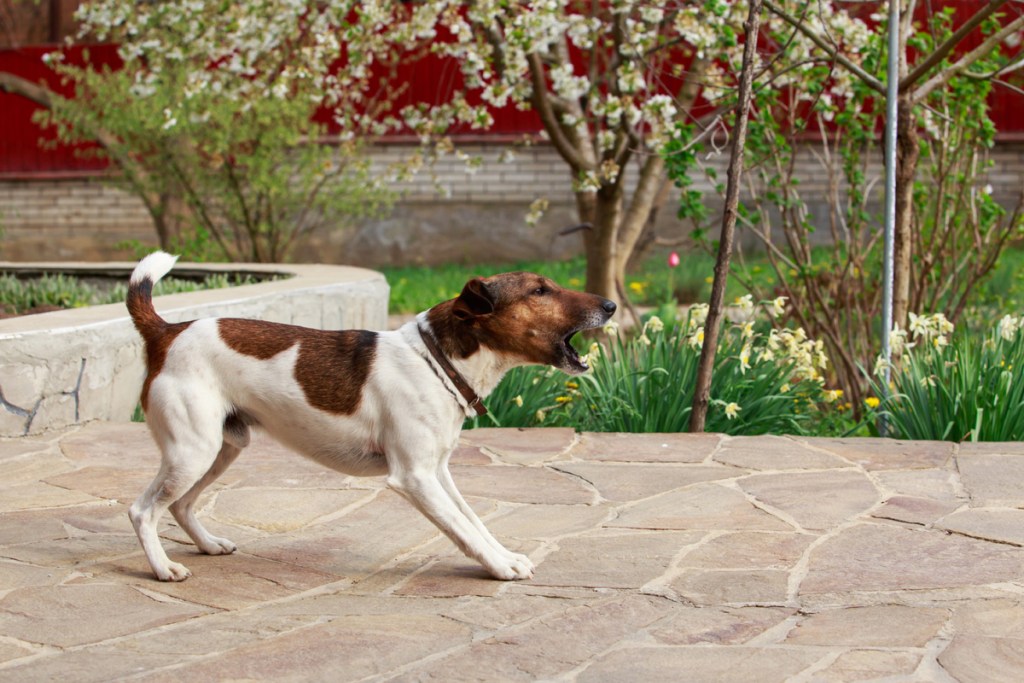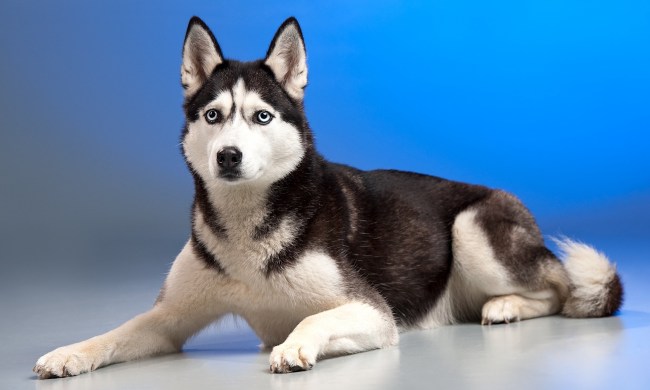You’re settled comfortably on the couch when you notice your dog staring at you. Without giving it a second thought you move over and your dog hops into the now-warmed space. But how did you know what they wanted? Because you can read your dog’s mind, of course. According to a recent survey of 2,000 pet parents, 70 percent believe they can read their dogs’ minds, while 74 percent said that they know what their dogs want at any given moment. Additionally, 72 percent of pet parents surveyed feel that they know what their dog will do before they do it.
The majority of pet parents who responded to the survey conducted by OnePoll on behalf of Ollie said that the close bond they have with their dogs developed over months of doing fun activities such as playing fetch and taking walks. Pet parents were also asked to describe their dogs’ characteristics and traits and after reviewing the responses, the survey identified six main dog personality types.

Dog personality types
1. The class clown
If your dog is goofy, entertaining, and even clumsy then you’ve got yourself a class clown, according to the OnePoll survey. Three out of five pet parents surveyed who live with class clowns say they always know what goofy thing their dog will do next. The survey revealed that living with these funny pooches can also be challenging as pet parents reported puppy proofing their homes. Popular breeds that often make funniest dog lists include English bulldogs, boxers, Boston terriers, Pembroke Welsh corgis, and French bulldogs.
2. The guardian
Dogs who fall into the guardian category are described as protective, imposing, and attached to family members. Survey respondents sharing their homes with guardians say they are especially attuned to what their dogs want. In addition to alerting owners when visitors arrive, many guard dogs intuitively know when to protect their families from a dangerous situation. Popular guardian breeds include German shepherds, Rottweilers, Akitas, and Doberman pinschers.
3. The dedicated worker
High-energy, eager to please, and obedient are all traits ascribed to dogs in the survey’s dedicated worker category. Respondents living with these dogs say that they can always count on their canine companions to do the right thing. The survey found that owners of dedicated workers are especially keen to know what their dogs want. German shepherds, poodles, border collies, and Doberman pinschers are among the top-trainable dog breeds.
4. The family dog
The OnePoll survey describes family dogs as being gentle, friendly, and great with children. Breeds that are usually suited for kids and families include golden retrievers, Labrador retrievers, poodles, and Irish setters. Additionally, mixed-breed shelter dogs often provide the best traits of two or more breeds and make wonderful family dogs.
5. The independent thinker
According to the survey, independent thinkers are intelligent, inquisitive dogs who like to do things their own way. Sixty-five percent of the pet parents surveyed described their dogs as independent thinkers. Breeds such as the Siberian husky, Shiba Inu, Bassett hound, and Pekingese are all dogs who like to think for themselves.
6. The watchdog
The OnePoll survey describes watchdogs (not to be confused with guard dogs) as those who bark a lot and are vigilant about alerting their families when someone is approaching the house. If you live with an alert barker, your dog will let you know about any and every person or animal that passes by your home, says professional dog trainer Cathy Madson in a Preventive Vet article. Apparently, when off duty these dogs can get into trouble. Like pet parents who share their homes with class clowns, respondents who live with watchdogs say they have to secure their homes by keeping toxic products and garbage cans out of reach. Popular alert barking dogs include Yorkies, Cairn terriers, fox terriers, and miniature schnauzers.

No matter the personality type, 35 percent of poll respondents said their dogs were loving, 33 percent described them as playful, and 32 percent believe that their dogs are intelligent. The survey also revealed that participating pet parents love their dogs and want the best for them no matter their personality traits. For example, three in four want their dogs to eat as well as human family members. This focus on a healthy diet pays off with 74 percent of respondents noticing their dogs are in a better mood after eating nutritious meals.



